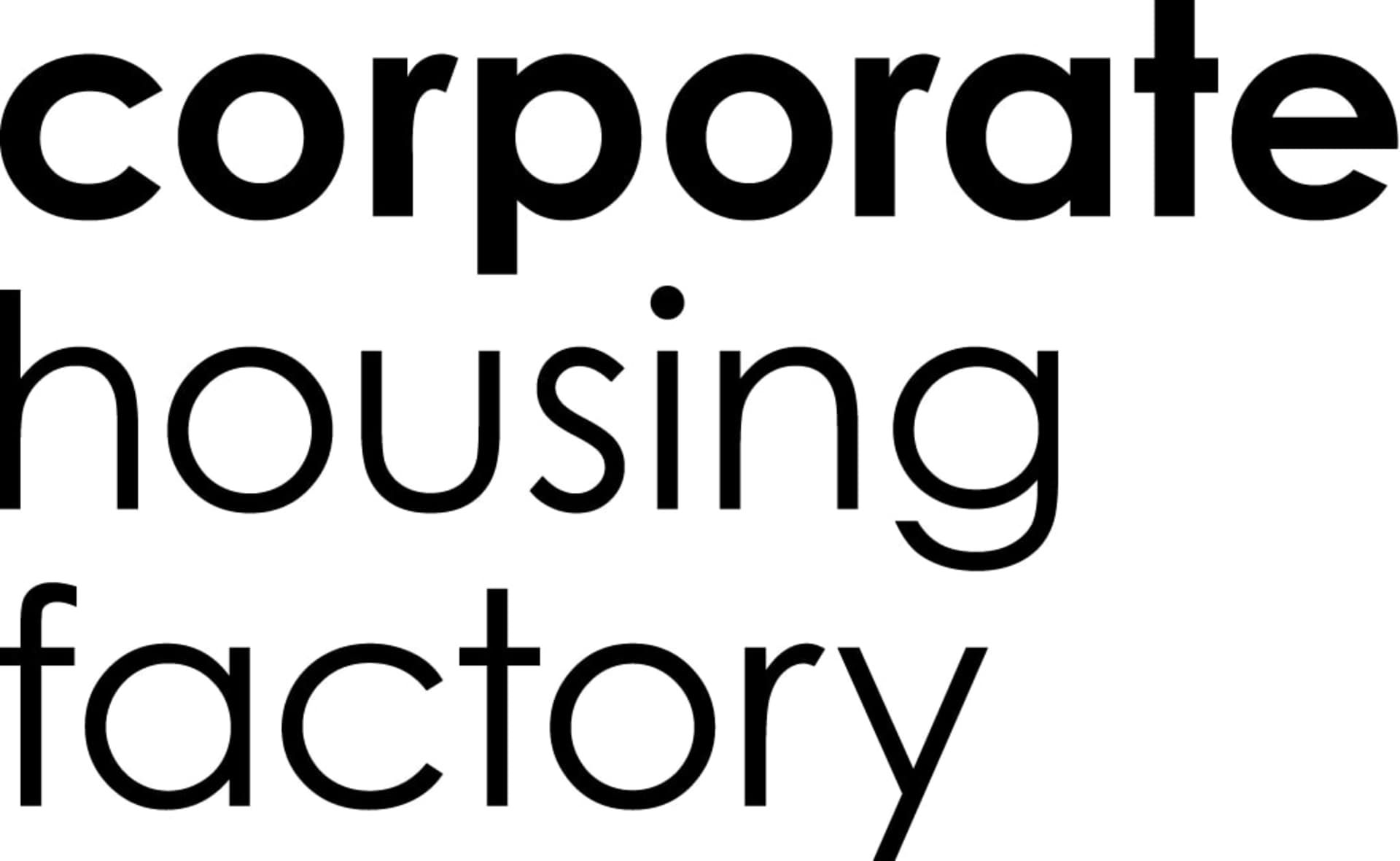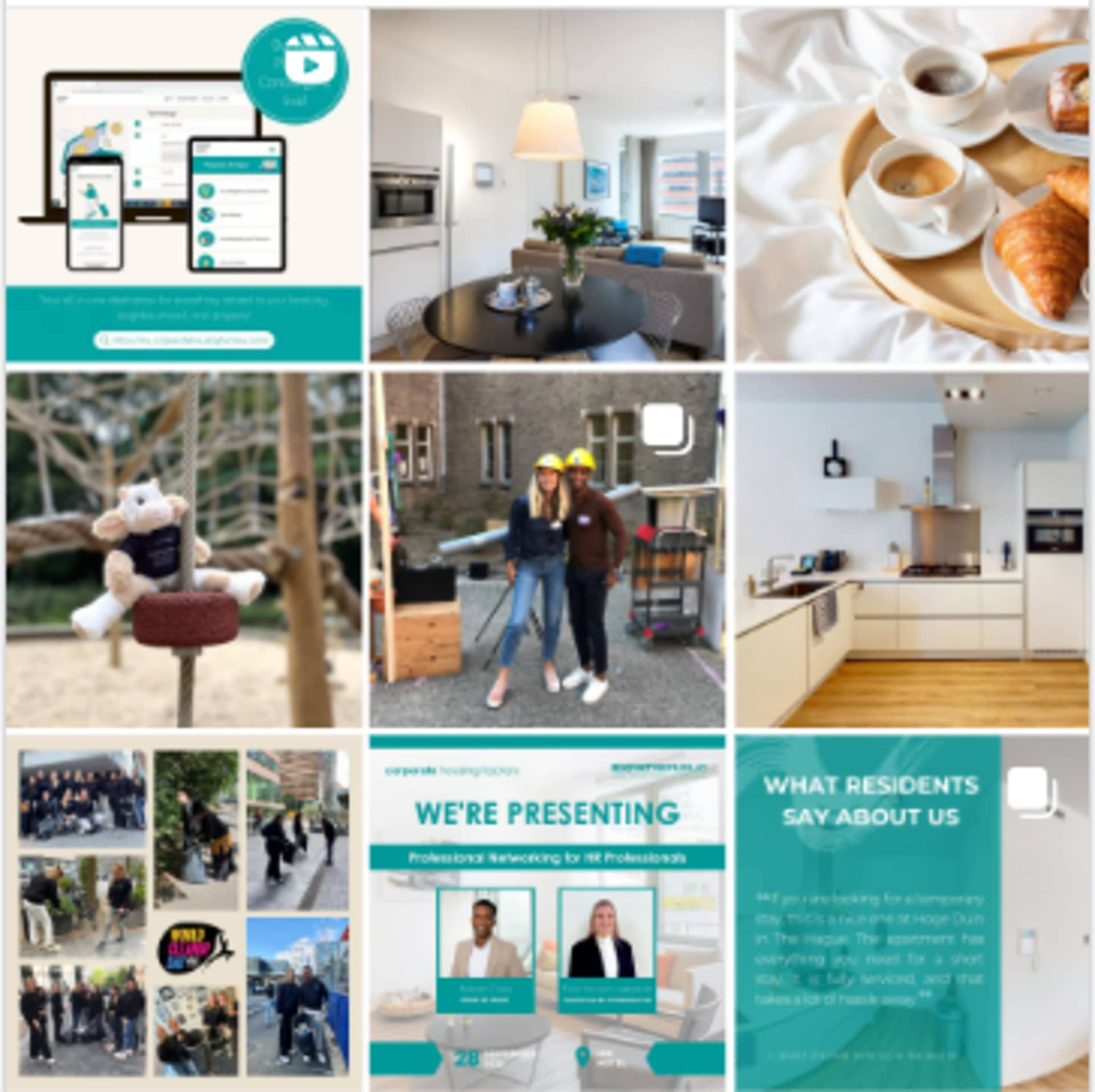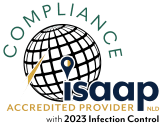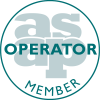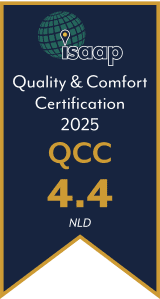
A Step-by-Step Guide to Registering Yourself in The Netherlands
Moving to the Netherlands is an exciting adventure, but it comes with a fair share of administrative tasks, one of which is registering yourself. Everyone moving to the Netherlands for a period exceeding four months, including EU, EEA, and Swiss citizens, are required to register their address in the Personal Records Database (BRP). To make navigating the registration process a little easier, we have created a step-by-step guide to registering yourself in The Netherlands.
Please do note that registering yourself is not just a legal requirement; it’s an essential step in integrating into Dutch society.
The registration process may differ depending on your municipality, so we suggest visiting your local municipality's website for detailed information on the specific procedure. Here are a few key reasons as to why registering yourself is necessary:
- Legal Requirement: The Dutch government requires residents to register their presence in the country if they plan to stay for longer than 4 months. Failure to do so can lead to fines or legal complications. If you’re planning to stay in the Netherlands for less than four months, but you will be working, you must still get a BSN number. In this case, you can register as a non-resident (RNI) within the Personal Records Database (BRP) at one of the 19 designated RNI-municipalities. Once registered, you will be provided with your BSN number.
- Access to Services: Registering allows you to access essential services such as healthcare, education, and social benefits.
- Residency: Registration is often a prerequisite for obtaining a residence permit or visa.
Now, let’s dive into the registration process:
1. Find Accommodation
Before you can register, you’ll need a Dutch address. Whether you’re renting or living with family or friends, you must have a registered residential address. If you are staying in one of CHF’s serviced apartments, you can register using this address.
2. Schedule an Appointment
To register, please schedule an appointment with your local municipality (Gemeente). While most appointments can be made online, it’s advisable to consult your municipality’s website for precise procedures. However, please be prepared for potential longer waiting times. It’s a good idea to book your appointment ahead of your arrival in the Netherlands. If you’re residing in one of our CHF apartments, you can also register with our partners at the expat desks.
For detailed registration guidelines in each CHF city, please refer to the dedicated pages below:
3. Gather Required Documents
In preparation for your appointment at the municipality, you’ll need to arrange some documents, including:
- Valid Identification: A valid passport or ID card in case of nationality from the EU, Liechtenstein, Norway, Switzerland or Iceland. All other nationalities: a valid passport and residence permit.
- Proof of Address: A signed rental agreement, utility bill, or a letter from your host, confirming your residence. If you are staying in an CHF apartment, you can request a proof of residence here.
- Birth Certificate: This may be required for some services.
- Marriage Certificate, Certificate of Registered Partnership or Divorce: If applicable.
- Employment Agreement: Only for EU citizens who would like to receive a sticker from the IND in their passport
- All family members who would like to register need to attend the appointment. This includes babies, young children and older family members.
- Keep in mind that town halls exclusively accept official documents in Dutch, English, French, or German. For documents in other languages, you may need to obtain an official translation. Certain documents, like your birth certificate, might also necessitate proof of authenticity, such as an apostille, which should be acquired before departing your home country.
4. Visit the Municipality
On the day of your appointment, visit the municipality with all your documents. Be prepared for some paperwork and potentially a language barrier, although many Dutch officials do speak English.
5. Receive Your BSN
After completing the registration process, you’ll receive a BSN (Burgerservicenummer), which is a unique citizen service number. You’ll need this for various administrative purposes, such as opening a bank account and accessing healthcare.
6. Open a Bank Account
It’s a good idea to open a Dutch bank account. This will make it easier to manage your finances, and it’s often required for certain services and transactions.
7. Register for Health Insurance
In the Netherlands, health insurance is mandatory. Once you have your BSN, you can register for health insurance, either through your employer or by choosing a provider.
8. Forward your Registration Confirmation to us
If you’re staying in a CHF property but opt not to register, you’ll be liable for Tourist Tax, with rates varying by city. When you provide us with your registration proof via email, you can waive the Tourist ax obligation. However, please ensure that the proof of registration meets specific criteria for our bookings department to process the tax refund.
Important: If you choose to register at an address you will receive (and have to pay) water tax and waste collection tax.
9. Don’t forget to de-register yourself when you leave or move.
About one month before departing from the Netherlands, you will need to de-register at your local town hall, also free of charge. This step is essential to exempt you from any obligations related to water and waste collection taxes.
If you are relocating within the Netherlands to a permanent address, it’s also necessary to inform the municipality of this change.
Registering yourself in the Netherlands may seem daunting, but it’s a crucial step in making your move a smooth one. By following the steps outlined in this guide, you’ll not only fulfil legal requirements but also set yourself up for a successful and enjoyable experience in this welcoming country!

